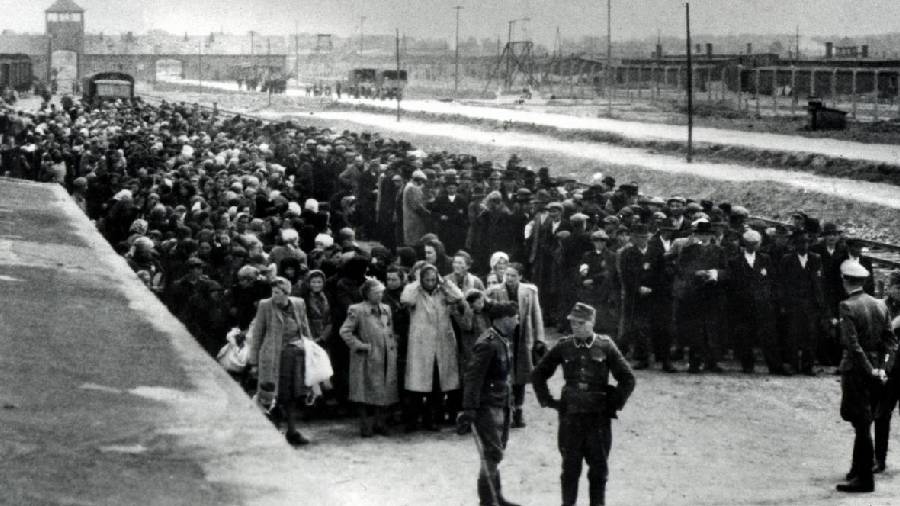The importance of memory transcends its role as a mnemonic crutch. Its significance in contemporary society and politics is undeniable. Ironically, this is because political systems — democracies or otherwise — are going about whitewashing or twisting historical narratives with aplomb. Interestingly, the victims of such curated narratives are unevenly distributed across age groups. Younger people, it appears, are somewhat more at risk than the older generation. Consider the recent finding by a study that says that nearly a quarter of Dutch citizens born after 1980 believe the Holocaust to be a myth. The weakening of objective pedagogical traditions as well as the dissemination of falsified narratives may have been instrumental in cementing such a worrying view. The point is that these threats are uniform across polities: India is not an exception to the currents. There may well be a time in the future when a generation of Indians would be taught to believe in, say, the alleged non-indigenity of the Mughal scions or, worse, that the Gujarat riots are a figment of a mischievous imagination. It must be remembered that a few years ago, when Rajasthan was under the Bharatiya Janata Party’s thumb, Rana Pratap had been made to triumph in the battle of Haldighati.
Of course, resistance — political and academic — to the falsification of history in the curriculum is one way of addressing the problem. But that cannot be the only solution. The political battle for memory must include — invent — ways of refreshing public memory. This would only be possible by fostering a deeper engagement with what are often termed as ‘memory sites’. For instance, Germany, the perpetrator of the Holocaust, has several commemorative spaces — museums, art galleries and so on — to remind the people of that horror. Britain, which built one of the modern world’s mightiest imperiums, could do with a few by way of reparation. As can India, which has seen incinerating flames burn down bridges of amity on quite a number of occasions — the Partition being an abiding nightmare. Memory studies, however, have been largely limited to academic and artistic projects. It is time for these to be widened in terms of their collective outreach. This implies coordination and cooperation among historians, archivists, artists and, not to forget, the government at an unprecedented scale. Germany has shown it can be done. There is no reason to believe that India cannot.










